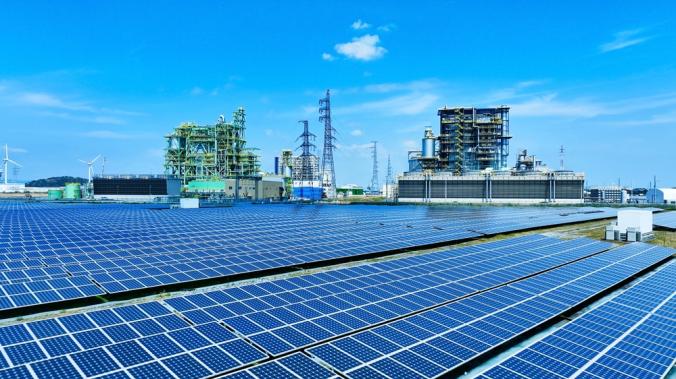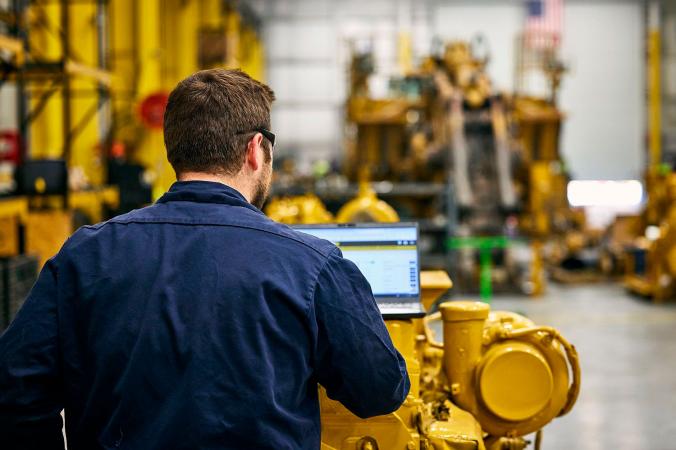The Forgotten Crisis: Why Industry and Technical Services Must Act Now
While global attention is focused on the conflicts in Ukraine and Gaza, and the changes in international trade rules, a crisis is unfolding in the background—one that threatens the very foundations of our economy and civilization: the climate crisis.
And this warning no longer comes only from climate activists, scientists, or politicians. Increasingly, it’s being echoed by top figures in the financial sector itself. Günther Thallinger, Chair of the Investment Management Board at Allianz, recently warned: “The climate crisis is destroying capital and assets in real time.
Entire regions risk becoming uninsurable. This is a systemic risk that fundamentally threatens our market economy.”
The increasing frequency of extreme weather, soaring damage costs, and declining asset values are putting structural pressure on how markets and businesses operate. Thallinger notes that many solutions are already available—but they are not being implemented quickly enough or at a large enough scale.
Untapped Potential for Improvement
Fortunately, change is on the horizon. The shipping industry, whose global emissions rival those of industrial giants like Germany or Japan, agreed on April 11 under the IMO Net-Zero Framework to cut CO₂ emissions by 65% by 2040. Concrete measures are being introduced, such as a CO₂ tax for those who fail to meet the targets.
In the industrial sector as well, frontrunners are proving that major progress is possible. The MORE4Sustainability project benchmark shows that early adopters have achieved up to 31% improvement in energy efficiency and 28% emissions reduction within just a few years.
BEMAS, the Belgian Maintenance Association, recently awarded the Maintenance & Facility team of Safran Aero Boosters in Herstal as “Technical Team of the Year” in Wallonia. Over the past five years, they managed to cut energy use by 15%—not just through major investments, but also through smart technical measures. One example: eliminating standby consumption from idle machines, which used to consume up to 80% of their energy even when not in use. Today, those machines are completely shut off at night and on weekends, resulting in significant ecological and economic gains.
What About Your Technical Team?
Within your own organization, there are huge opportunities to improve energy efficiency and reduce emissions with relatively simple actions. Not just to help fight climate change, but also to stay competitive and financially sound. Be honest: can your company really afford to consume—and pay for—30% more energy than your competitors?
The technology exists. The methodology is available. The best practices are proven. All that’s missing is rapid and widespread adoption.
The choice is yours. But the time to act is now.
Wim Vancauwenberghe
Maintenance Evangelist and Director of BEMAS





![EMR_AMS-Asset-Monitor-banner_300x600_MW[62]OCT EMR_AMS-Asset-Monitor-banner_300x600_MW[62]OCT](/var/ezwebin_site/storage/images/media/images/emr_ams-asset-monitor-banner_300x600_mw-62-oct/79406-1-eng-GB/EMR_AMS-Asset-Monitor-banner_300x600_MW-62-OCT.png)



